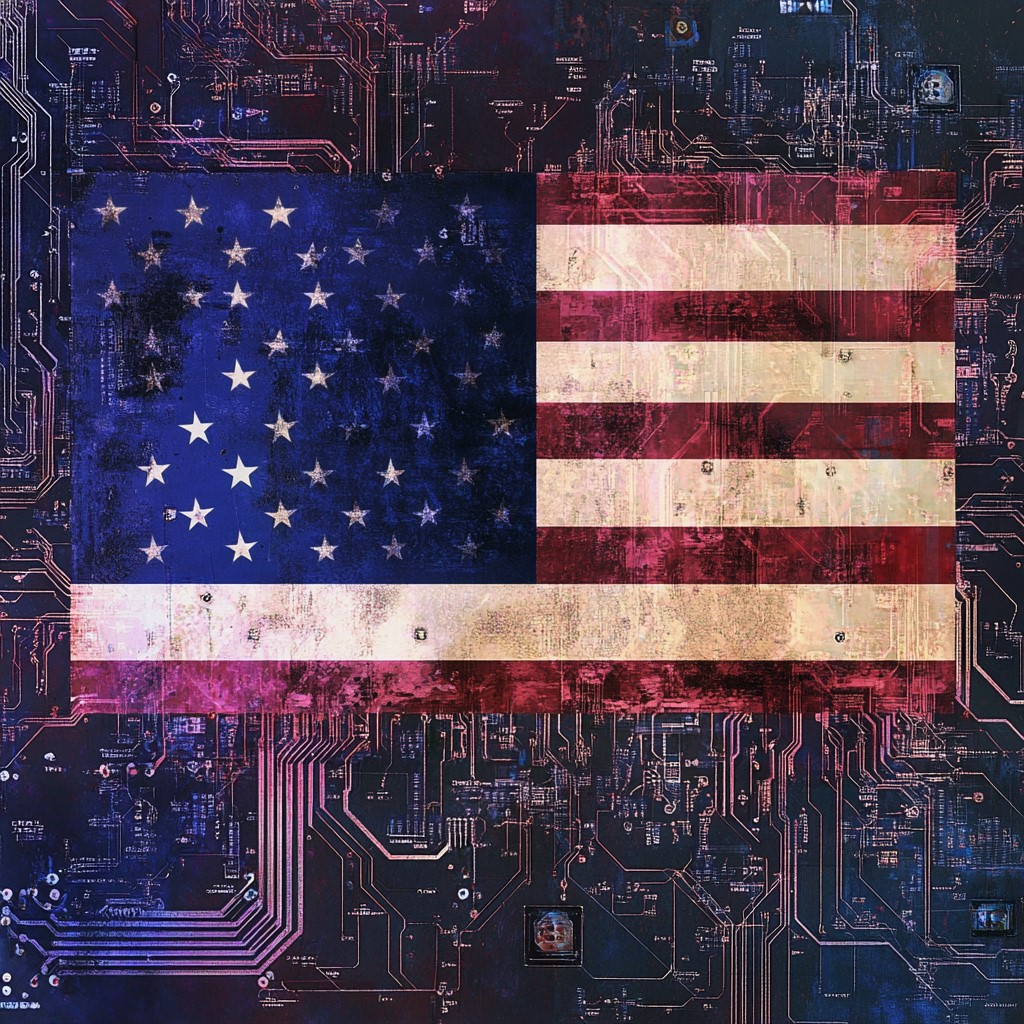Government Partnerships Propel Quantum Technology Advancements for National Security

Insider Brief:
- At Quantum World Congress, John Burke, the Pentagon’s director of quantum science, emphasized the impact of quantum technology on national security, particularly regarding cryptanalytically relevant quantum computers (CRQCs).
- According to data from The Quantum Insider, government partnerships account for 9.3% of all quantum technology collaborations, with the U.S. leading these efforts.
- Beyond quantum computing, Burke highlighted the importance of quantum-enhanced clocks, magnetometers, and inertial sensors, relevant for military operations.
- Quantum innovation is a global endeavor, with countries like Australia, the UK, and Germany pursuing military applications, while the U.S. focuses on scalable quantum infrastructure through collaborations.
In his remarks at the Quantum World Congress, John Burke, the Pentagon’s principal director of quantum science, highlighted the growing interconnectedness between quantum technology and national security strategies. As quantum computers continue to evolve, the Pentagon is actively relying on government initiatives to prepare for a future where cryptanalytically relevant quantum computers (CRQCs) could undermine today’s encryption systems, a threat to defense infrastructure and financial security alike.
Central to this vision are the partnerships between government bodies and private entities, that bring together minds from academia, industry, and government to work in tandem to advance quantum research. These collaborations are the backbone of the Pentagon’s strategy to stay ahead in quantum, providing the innovation and infrastructure necessary for real-world applications in national security.
Quantum Collaborations: A Strategic Imperative
According to an analysis of data from The Quantum Insider, government-related partnerships account for 4.55% of all quantum technology collaborations. Out of 1,318 recorded partnerships, 60 involve government agencies or national laboratories—a testament to the role public institutions play in pushing forward quantum research. The U.S. leads the charge, representing over 65% of these collaborations.
For instance, Infleqtion’s partnership with the Australian Army and Diraq exemplifies the global momentum in integrating quantum technologies into defense applications. This collaboration aligns with Burke’s call to prepare for the operationalization of quantum systems before adversaries gain the upper hand.
Beyond Quantum Computing: Quantum Sensors and Clocks
Beyond quantum computing, Burke emphasized the importance of quantum-enhanced clocks, magnetometers, and inertial sensors—technologies that could revolutionize military operations by improving navigation and timing systems with unparalleled precision. Data from our platform highlights partnerships like the one between Quantum Brilliance and Oak Ridge National Laboratory, which are advancing quantum sensors that could provide critical real-time data for secure communications and operational accuracy.
These partnerships reflect a growing trend toward developing quantum systems capable of supporting defense needs. The collaboration between NERSC and QuEra Computing, focusing on quantum algorithms for scientific applications, is another step toward building sophisticated quantum sensors—a technology with implications for the defense landscape.
A Global Network of Quantum Innovation
While much of the focus remains on U.S. efforts, the global nature of quantum partnerships cannot be understated. Quantum collaboration is a worldwide endeavor, with countries like Australia actively pursuing military applications of quantum technology. Recently released research between Los Alamos National Laboratory and Quantinuum is another example of how government agencies are working with private companies to validate and refine quantum systems. This partnership is aligned with DARPA’s Quantum Benchmarking Initiative, which seeks to ensure that quantum technologies are not only theoretically sound but also practically applicable in defense and industry.
Burke’s remarks at the Quantum World Congress highlight the importance of these partnerships, as the Pentagon works to build a quantum infrastructure capable of supporting real-world, scalable systems. These government-private sector collaborations are essential in ensuring that quantum technologies serve the national interest while maintaining a competitive edge in the global quantum race.
A Collective Push Toward the Quantum Future
As the Pentagon and DARPA continue to explore the potential of quantum technologies, government partnerships remain crucial to driving advancements in areas like CRQCs, quantum sensors, and secure communications. These collaborations—whether focused on defense applications or the development of practical quantum systems—are not isolated efforts but part of a broader, global movement to pursue quantum’s potential for national security.
The researchers in this study include Yugo Takada and Keisuke Fujii.
